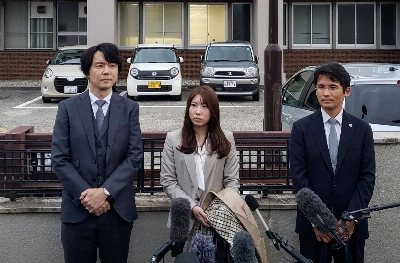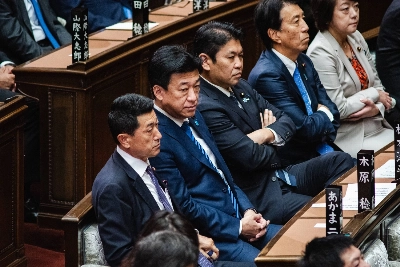WASHINGTON -- In January, Chinese Deputy Prime Minister Wu Bangguo said that whether or not China gets into the World Trade Organization, China's policy would be "to reform and build a market economy." Now that China is assured of entering the WTO, the hard work of transforming China's socialist market economy into a free-market system must begin.
China's path to a full-fledged market economy will be unique. But, at the end of the day, if it is to develop real -- rather than pseudo -- capital markets, privatization is essential, which means a legal structure that protects private property and freedom of contract. As Zhao Zhijun, a member of the Economic Research Institute of the Chinese Academy of Social Sciences, said, what China needs is to "create laws that protect the rights, interests and property of the private sector."
China has made significant progress since 1978 when it initiated its long march toward a market economy. Per capita income has increased more than fourfold, and millions of people have moved from the dying state sector to the vibrant private sector. But serious problems remain, especially in the financial services industry, where foreign competition has been narrowly limited.


















With your current subscription plan you can comment on stories. However, before writing your first comment, please create a display name in the Profile section of your subscriber account page.